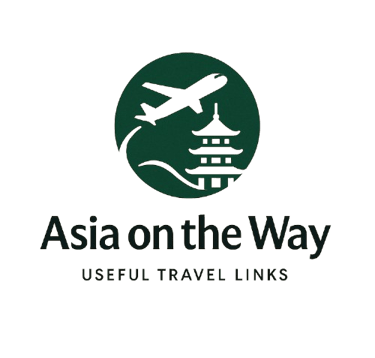Working in Singapore: A Guide for Foreigners
Learn how foreigners can work in Singapore: visas, procedures, tips, and opportunities to succeed in your professional experience.
BLOG SINGAPORE
11/16/202514 min read


Travel
Asia Blog – Practical tips about Vietnam, Thailand, South Korea, Cambodia... visas, eSIMs, banking, travel budget, and more.
© 2026. All rights reserved.